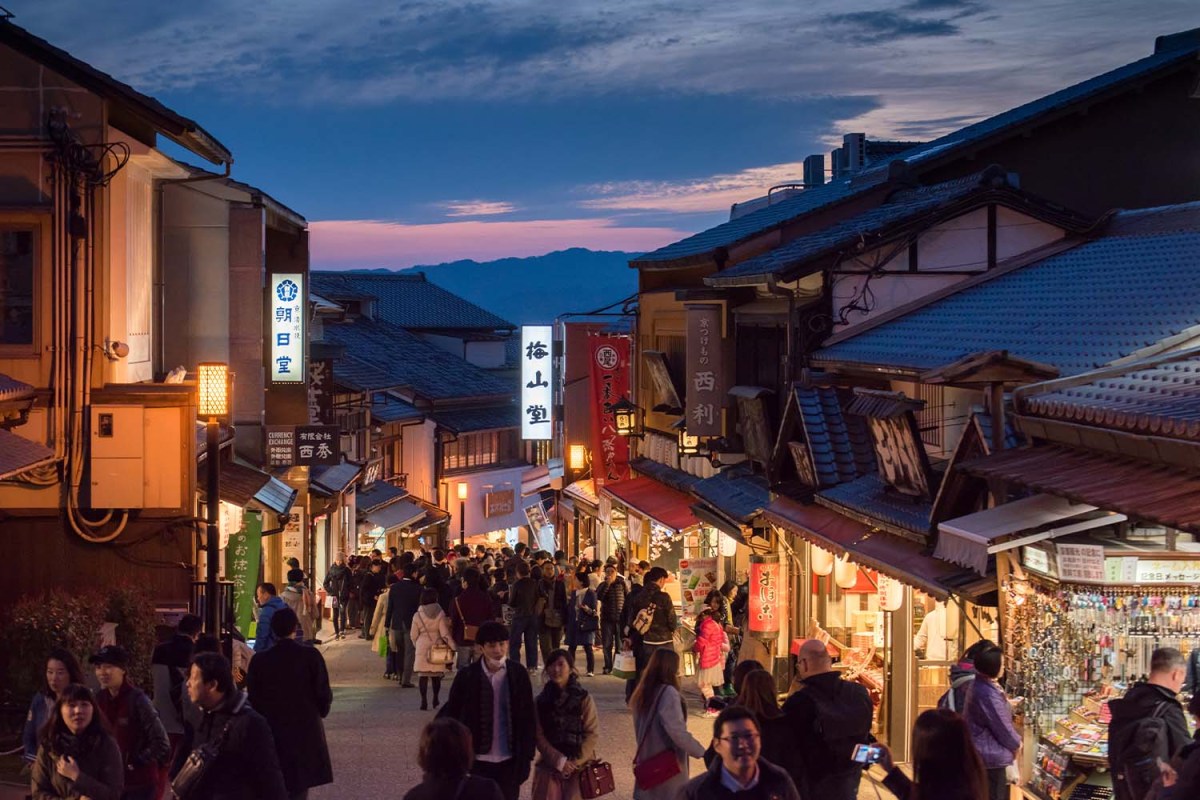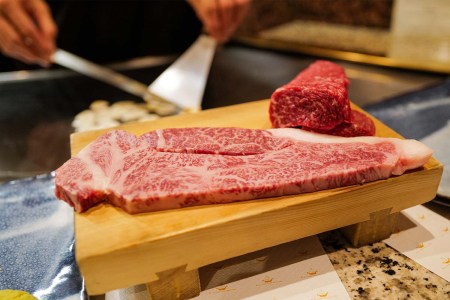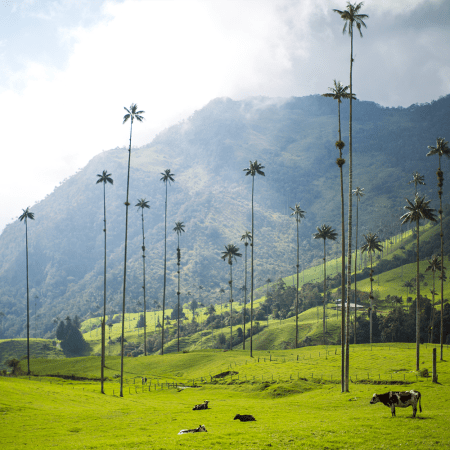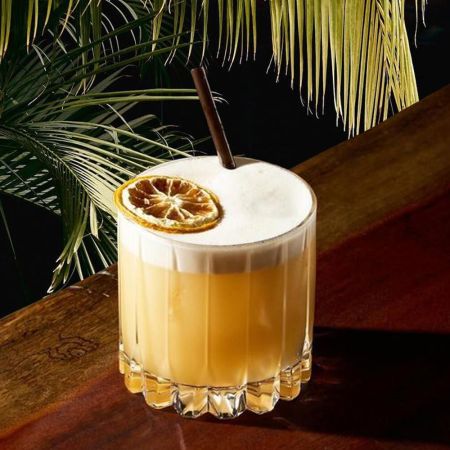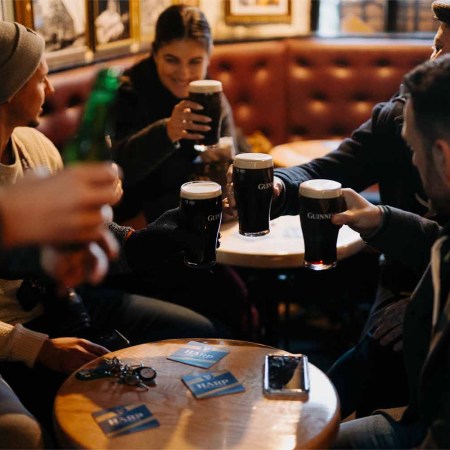If you’re a true food-lover, you likely have Japan pinned to the top of your travel wish list. Foodies flock to Japan, known as one of the top culinary destinations in the world, to taste the freshest and highest-quality ingredients, sushi and diverse regional cuisines. And while the first Japanese city that usually comes to mind is Tokyo, there’s another spot that’s just a quick bullet train ride away that shouldn’t be missed: Kyoto.
What makes it so enticing? Kyoto’s food scene places a huge emphasis on seasonality, unique regional specialties, rich culinary traditions and even the opportunity to experience traditional Japanese dining called kaiseki, which consists of multiple courses of precise dishes. Better yet, the city doesn’t just consist of eating: there are temples, lantern-lit alleys, markets, bamboo forests and monkeys to add to your itinerary, too.
Whether you’re interested in upscale Michelin-starred dining or exploring Kyoto’s street food and local delicacies, this city is guaranteed to take your taste buds on a trip. Keep reading for the ultimate guide on where to eat, drink, sleep and explore while in Kyoto.
How to Get There
To get to Kyoto from the United States, you’ll need to fly into one of Japan’s major international airports, such as Narita International Airport (NRT) or Haneda Airport (HND). Several U.S. airports — like Newark (EWR), Los Angeles International Airport (LAX) and Dallas/Fort Worth International Airport (DFW) — fly directly into Tokyo. From there, you can either travel to Kyoto by domestic flight or train. From Tokyo Station, you can transfer to a shinkansen (bullet train) bound for Kyoto. The entire journey takes approximately three hours.
Pro tip: for the true foodie experience, fly with United and upgrade to Polaris Business Class for in-flight sundae carts and free-flowing Champagne. Being that the flight is around 14 hours nonstop, sitting in Polaris is a game-changer, allowing you to rest peacefully and be ready to explore as soon as you hop off the plane.
Where to Eat and Drink
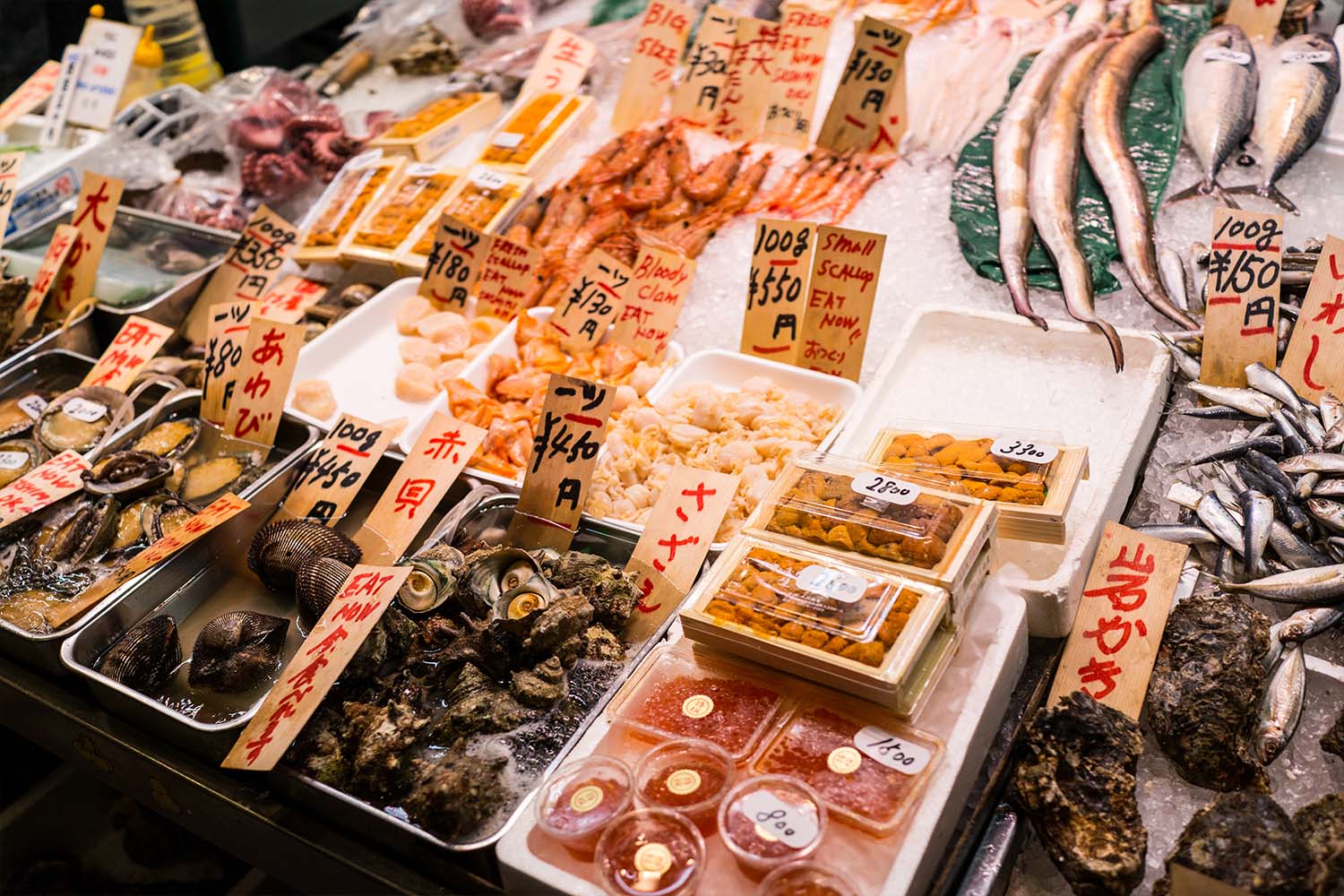
Local Delicacies: Nishiki Market
No trip to Kyoto is complete without wandering through the bustling Nishiki Market. The open-air market opened 400 years ago, but today it continues to thrive for locals and visitors seeking a taste of the community’s authentic food culture. Being that there are hundreds of stalls and shops, I spent hours at this market, trying everything from Japanese sweets, to Kobe beef skewers, to noodles. Some of the best foods to try at Nishiki Market include tako tamago (small baby octopus), mochi, goma dango (sesame dumplings), satsuma age (fish cakes), senbei (seasoned rice crackers) and tamagoyaki (Japanese omelette).
Omakase: Sushi Gion Matsudaya
My favorite dining experience during my entire trip to Japan was at Sushi Gion Matsudaya, a six-seat, reservation-only sushi restaurant tucked in a quiet alley in Gion. While it’s on the expensive side (around $200 per person), it’s a Michelin-star establishment where Chef Matsudaya personally handpicks fresh and seasonal ingredients to create that day’s menu. The intimate and exclusive atmosphere, mixed with melt-in-your-mouth sushi and sake pairings, is well worth the splurge.
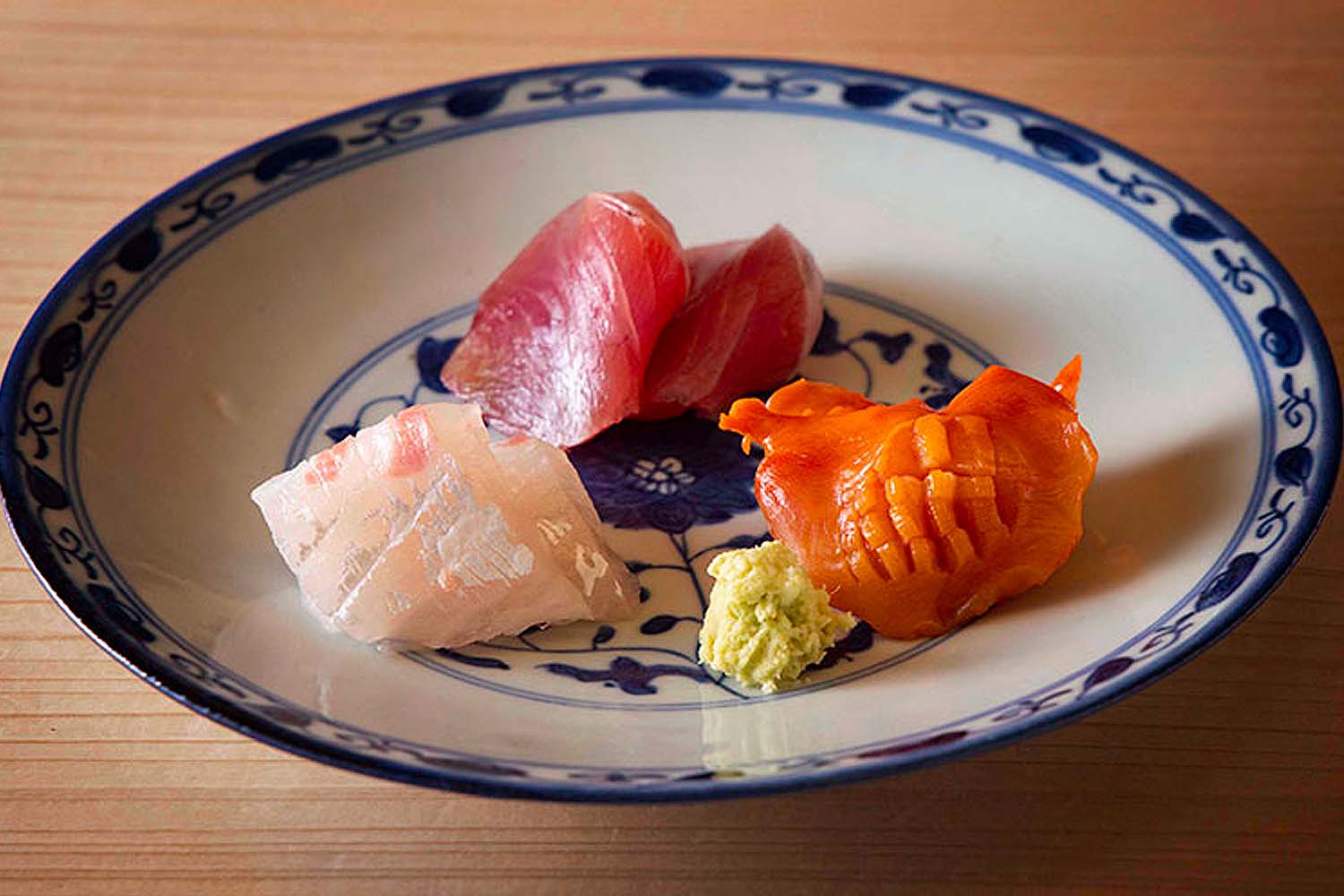
Tempura: Komefuku Shijo Karasuma
Fresh tempura in Japan is an absolute must. For the best in town, grab a seat at Komefuku Shijo Karasuma (walk-ins or reservations welcome) where you can feast on tempura and seafood dishes in a cozy, wood-lined izakaya with both counter and table seating. Once you’ve sipped on some sake, order the assortment of tempura, which includes shrimp, crab, sweet potato and more. Make sure to order a few pieces of the sushi, too.
Ramen: Kyo Tsukemen Tsurukame
Right around the corner from the Nishiki Market, we stumbled upon Kyo Tsuke-men Tsurukame, a tiny hole-in-the-wall ramen shop with only eight seats and happy customers walking out, so naturally we waited in line. I ordered the tanten miso and chili oil ramen dish and it was, for lack of a less dramatic term, life-changing. The flavors were rich and the broth was thick. The chef adds ingredients and toppings you won’t find in typical noodle dishes, making it a unique ramen experience. It’s a hidden gem that will leave you full and wanting more.
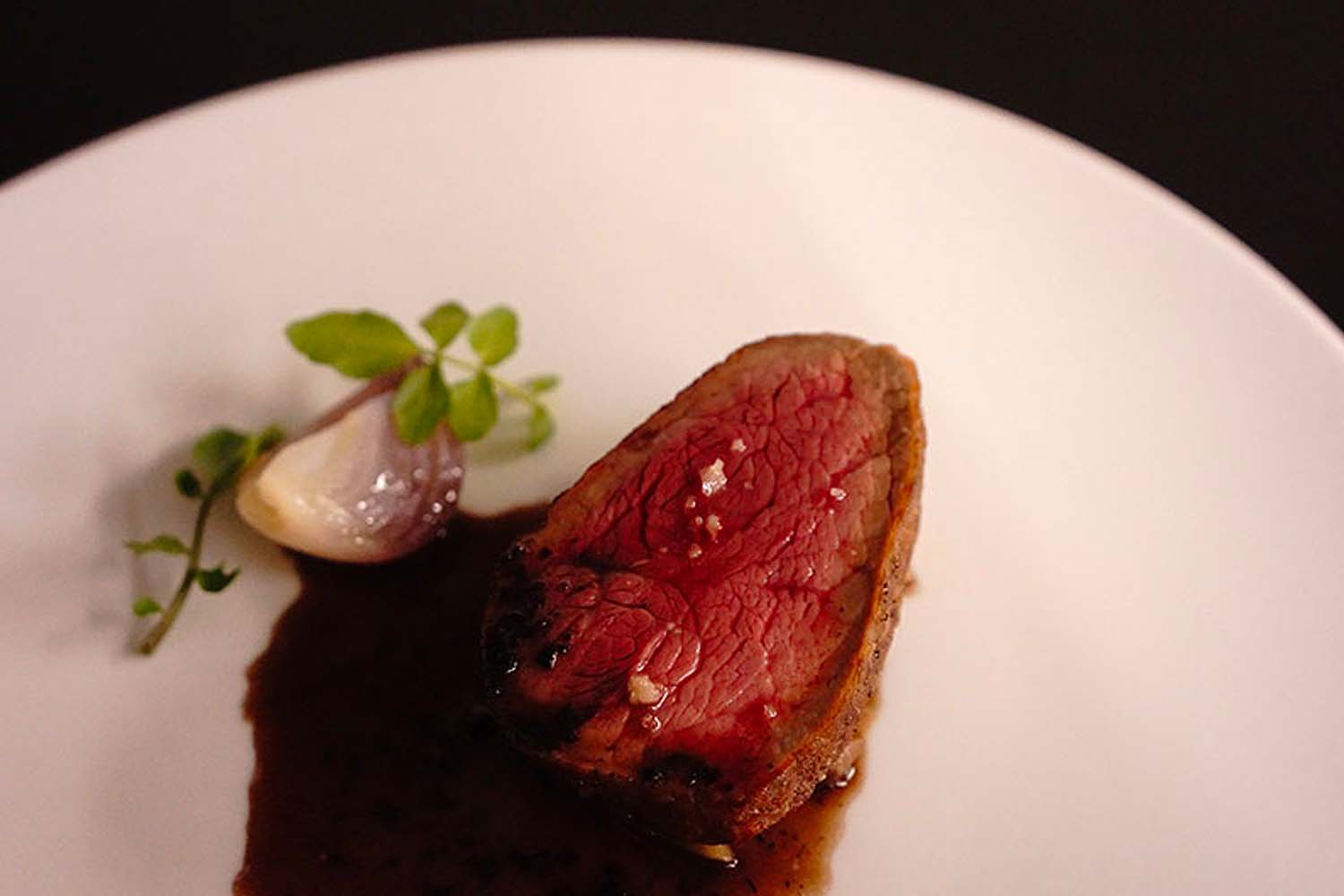
Gyoza: MOTOÏ
Every culture has their own version of a dumpling, and in Japan it’s the gyoza. If you’re craving them, MOTOÏ is a restaurant that should be on your list. Run by a French-trained chef, MOTOÏ infuses French and Kyoto cuisine in a trendy setting. We walked in without a reservation and sat right at the bar. The restaurant is known for its signature papa gyoza, made with shrimp, ginger and coriander.
Wagyu Sandwich: Hafuu
You’ll be eating a lot of seafood and sushi while in Kyoto, so a much-needed break for meat may be desired. Gyukatsusando is a Wagyu katsu sandwich that’s popular in the region, and the best place to get it with the highest-quality meat is Hafuu. Hafuu has plenty of ways to indulge in their infamous beef, but the most popular is the sandwiches, which come with a special sauce and cabbage. Visitors can even take them to-go and eat outside overlooking the Imperial Palace. For more affordable options, enjoy Hafuu lunch time.
Okonomiyaki: Yasubei
In Pontocho district, you’ll find Yasubei, a family-run restaurant serving okonomiyaki, a traditional teppanyaki dish; it’s essentially a savory pancake cooked on a teppan grill in front of you. We were able to add ingredients like cabbage, meat or seafood, and garnishes like okonomiyaki sauce, aonori seaweed flakes, katsuobushi bonito flakes, Japanese-style mayonnaise and pickled ginger. You’ll likely have to wait in line, so prepare for that.
Why the Japanese Robata Crushes the Stuffy Hotel Steakhouse
Plus, where to go.Soba Noodles: Arashiyama Yoshimura
For stunning riverside views combined with fresh noodle dishes, Arashiyama Yoshimura is a must-try traditional soba house. I was fortunate enough to score a seat directly next to the window, so I slurped down noodles while overlooking the river and mountains. The restaurant serves fresh hand-made buckwheat soba noodles (both hot and cold) and seasonal dishes with simple and quick service. Be ready to wait outside, as they do not take reservations.
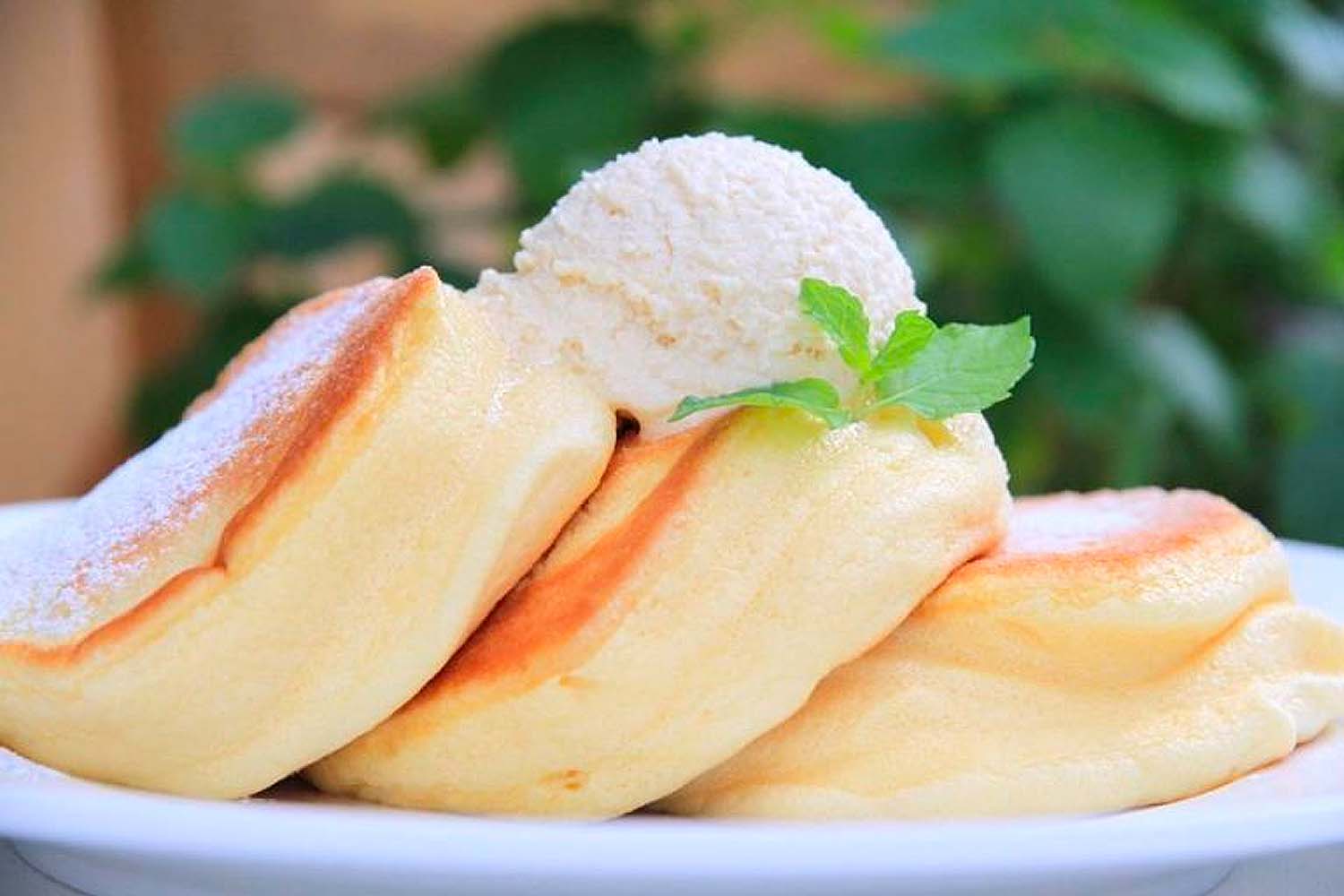
Fluffy Souffle Pancakes: A Happy Pancake
Stop by A Happy Pancake for an over-the-top brunch filled with the fluffiest pancakes you’ll ever eat. The menu is filled with both sweet and savory pancake options, including strawberry shortcake, matcha, tea milk and hojicha tiramisu. They taste like light clouds and were the perfect start to the day.
Pro tip: The earlier you get there (like before they open), the less likely you’ll have to wait in like.
Drinks: Bees Knees
Consistently named as one of Asia’s 50 Best Bars, Bee’s Knees in the Kiyamachi district gives prohibition-era speakeasy vibes. It’s hard to spot, as you have to find the yellow door with a sign for “The Book Store.” But as soon as you step inside, ‘90s hip-hop music is bumping and the drinks are flowing. There’s a solid list of cocktails to choose from, including Negronis with hoji tea and coffee bitters, and the Ninja Smashes with yuzu, passion fruit, lemon, shiso leaf and sparkling sake.
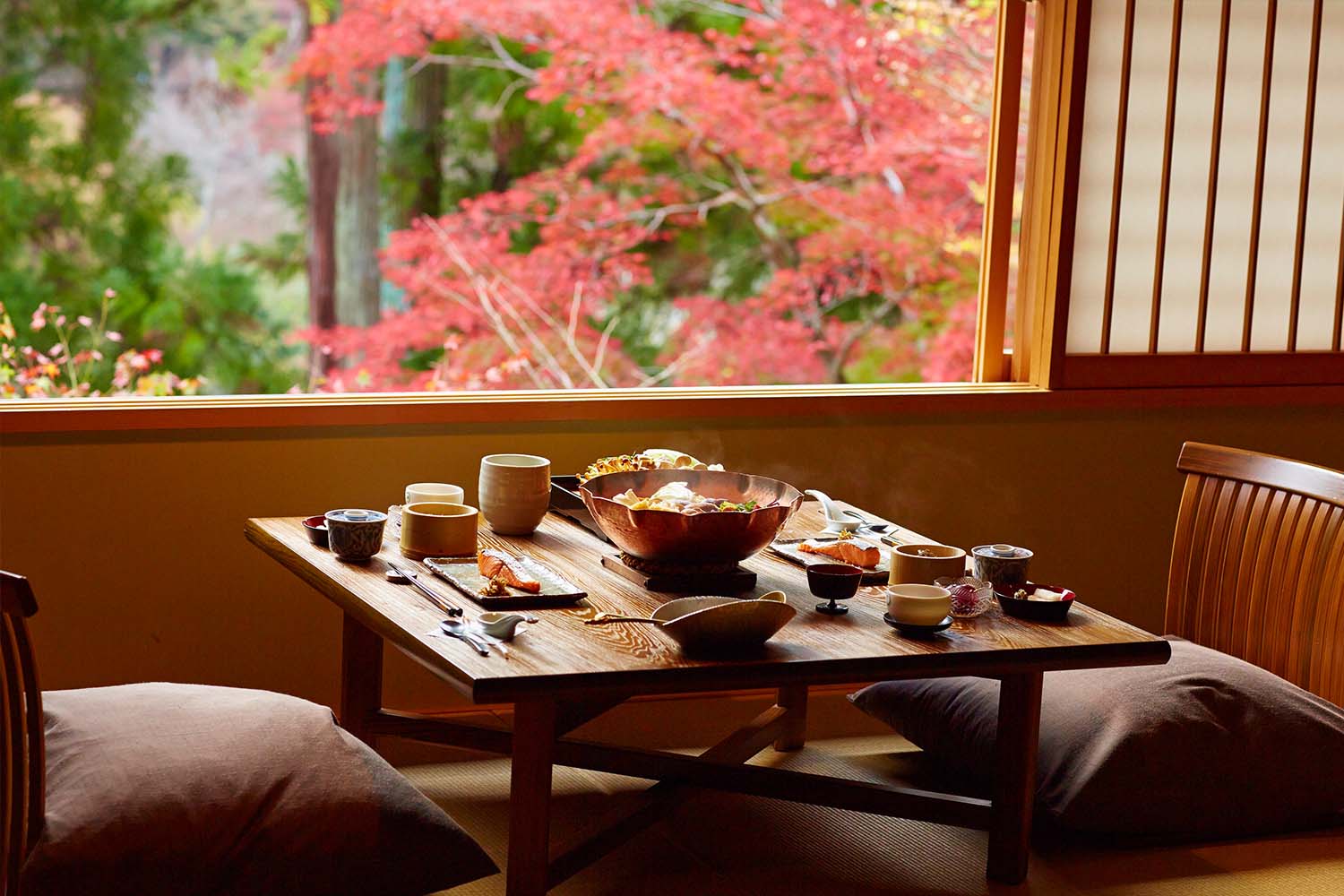
Where to Stay
For Authentic Japanese Hospitality: HOSHINOYA Kyoto
Located in Arashiyama, HOSHINOYA Kyoto is a remote, modern, ryokan-style retreat along the Katsura River that delivers pure serenity. The luxury five-star property is completely secluded from the hustle and bustle of the city, so much so that you take a boat to get there. Traditional rooms are designed with tatami floors, futons and chabudai dining tables, some with lounges and balconies. The best part? It’s perfect for foodies because of the chef’s high-end cuisine and unique floating tea room. The highlights of my stay at HOSHINOYA Kyoto were the romantic Hisui boat ride where we drank tea while taking in the mesmerizing views, and waking up to a hearty hot-pot in-room breakfast with fresh, seasonal vegetables cooked in hot broth.
For Wellness-Focused Luxury: Garrya Nijo Castle Kyoto
Garrya Nijo Castle Kyoto embodies a fresh approach to wellbeing through simplistic design and amenities that recharge. The 25-room boutique hotel opened in June 2022 and is located right in front of Nijo Castle, a UNESCO World Heritage site first built in 1603 during the Tokugawa Shogunate. The hotel’s restaurant, Singular, blends an innovative approach with gastronomy inspired by classic French techniques. The chef personally sources ingredients directly from producers in Kyoto and all over Japan. The hotel offers personalized experiences like Ayurvedic menus, forest meditation, in-room sound baths, self-training fitness and yoga programs through in-room digital tablets, and a unique pillow menu with health benefits.
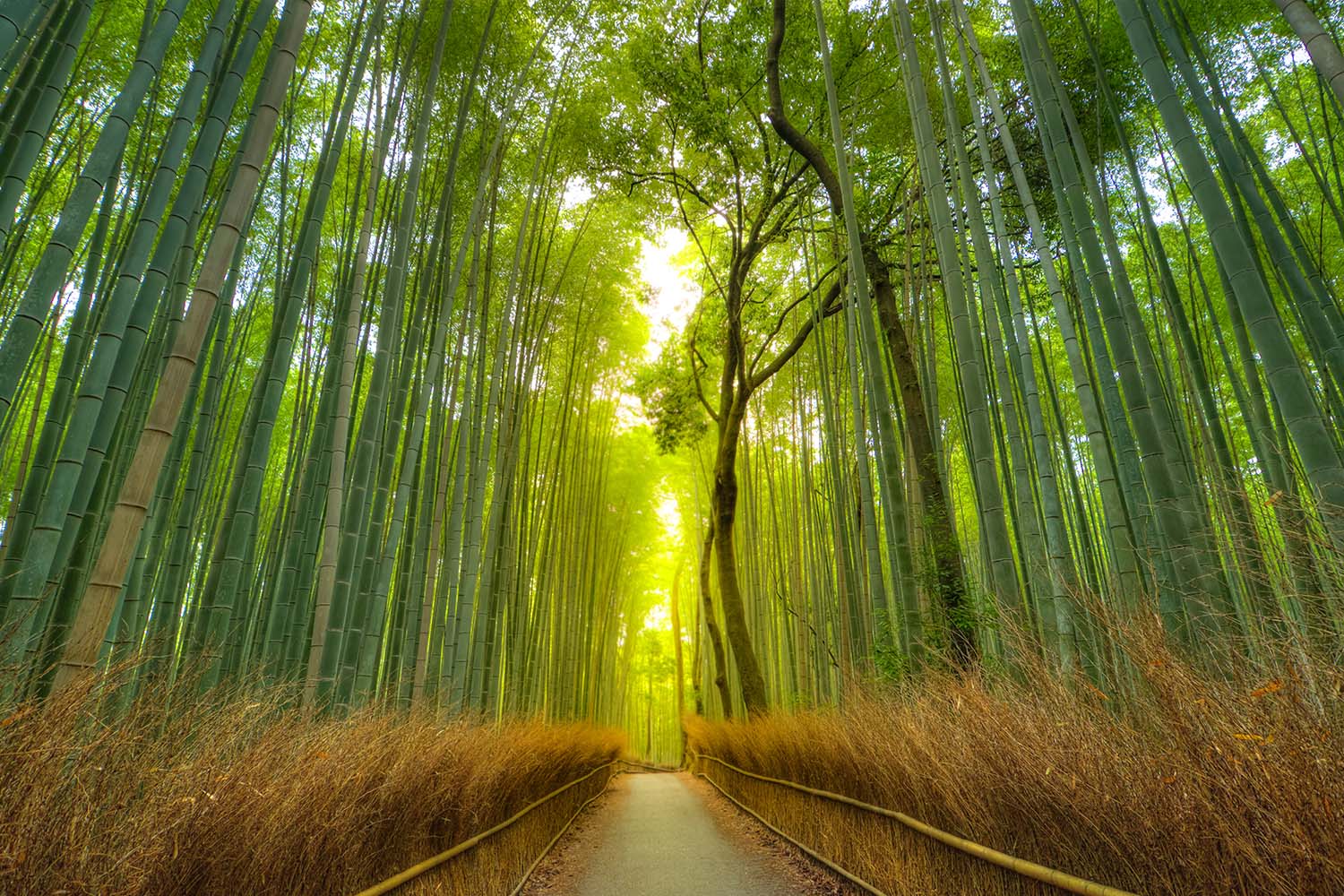
What to Do
All of that eating must be balanced out with experiencing the city’s best sites and neighborhoods. Visiting Kyoto’s Arashiyama Bamboo Forest is an otherworldly experience, where you can immerse yourself in the beauty of towering bamboo groves. A few steps away from the forest, visitors love the Monkey Park Iwatayama where you can interact, feed and observe monkeys in their natural habitat.
You can’t miss the temples scattered around the entire city, but especially the five-story Yasaka Pagoda, Hokan-Ji, Adashino Nenbutsuji and Kiyomizu-dera. Spend a few hours walking through the Fushimi Inari Shrine, which is a popular photo op with thousands of vermilion torii gates. After walking through the entire trail, you will find yourself in the forest of the sacred Mount Inari.
Lastly, two districts you’ll want to visit are the Pontocho Alley at night, filled with restaurants in the lantern-lit Gion alleys (you may even pass a Geisha) and the Gion Higashiyama ward during the day, home to two of Kyoto’s most attractive streets. Sannen-zaka and Ninen-zaka are a pair of gently sloping lanes with classic architecture, shops and temples.
This article was featured in the InsideHook newsletter. Sign up now.
